Jakarta, MINA — Indonesia has strengthened its position as a rising hub in global herbal medicine after the World Health Organization (WHO), through its International Regulatory Cooperation for Herbal Medicines (WHO-IRCH), appointed the country’s National Agency of Drug and Food Control (BPOM) to host the 16th WHO-IRCH Annual Meeting in Jakarta from October 13–16, 2025.
The opening session on October 14 was led by IRCH Chair Sungchol Kim together with BPOM Head Taruna Ikrar. Delegates from 22 member countries, WHO regional offices (WPRO and EMRO), Indonesian ministries, universities, as well as industry representatives from herbal medicine, health supplements, and cosmetics attended the gathering.
WHO-IRCH is a global regulatory platform comprising 49 national drug authorities. Its purpose is to harmonize regulations, strengthen oversight, and ensure the safety, efficacy, and quality of herbal products worldwide.
BPOM Head Taruna Ikrar described the Jakarta meeting as “a crucial opportunity for Indonesia to take a central role and showcase Indonesian herbal medicines (jamu) to the world.” He stressed that the presence of international delegates “reflects a shared global commitment to stronger regulation of herbal products that are safe, effective, and high quality.”
Also Read: AWG Endorses Jusuf Kalla to Lead Interim Gaza Government, Rejects Trouble Maker Tony Blair
Indonesia’s Rich Potential
Indonesia is one of the world’s most biodiverse countries, home to over 30,000 plant species, with around 9,600 believed to have medicinal properties. The use of herbal remedies has deep historical roots in the archipelago. Archaeological findings in Kalimantan indicate that humans used plants as antiseptics and natural anesthetics as far back as 31,000 years ago.
However, despite this vast potential, only 71 herbal products in Indonesia have been certified as Obat Herbal Terstandar (Standardized Herbal Medicines), and just 20 products have reached the phytopharmaceutical level with proven clinical effectiveness. Taruna Ikrar noted that these figures show how much remains untapped, highlighting the need for stronger scientific research, technological innovation, and regulatory advancement.
National Strategy for Herbal Innovation
To accelerate growth, BPOM is promoting a “triple helix” collaboration between academia, business, and government. Universities are expected to lead in research and development, industries will drive funding and commercialization, while BPOM ensures regulatory compliance and quality standards.
At the WHO-IRCH meeting, workshops are being held on key topics including regulation and safety, standardization and quality control, sustainability of medicinal plant resources, and the integration of herbal medicine into modern healthcare systems.
Also Read: Viral Xpose Broadcast on Trans7: NU Chairman Says It Openly Insults Pesantren
Complementing the meeting, the Indonesia Herbal Mini Expo 2025 features 22 national industries and associations, giving local players a platform to promote their innovations internationally. The program also includes site visits to major facilities such as PT Dexa Laboratories of Biomolecular Science, PT Dexa Medica Site Cikarang, and PT Bintang Toedjoe in West Java, where delegates will observe research breakthroughs, large-scale production processes, and flagship projects such as the Red Ginger Ecosystem and Indonesia’s Herbal Garden.
Positioning Indonesia on the Global Stage
By hosting the WHO-IRCH Annual Meeting, Indonesia is positioning itself not only as a producer but also as a regulatory thought leader in the global herbal medicine industry. The event underscores Indonesia’s ambition to transform its traditional jamu heritage into a modern, scientifically validated sector that meets international standards.
As Taruna Ikrar concluded, “Indonesia’s herbal medicine industry has everything it takes to compete on the world stage—natural resources, cultural heritage, and growing scientific expertise. What we need now is continued innovation and stronger global collaboration.”[]
Mi’raj News Agency (MINA)
Also Read: PBNU Issues Seven Demands to Trans7, Defends the Dignity of Pesantren





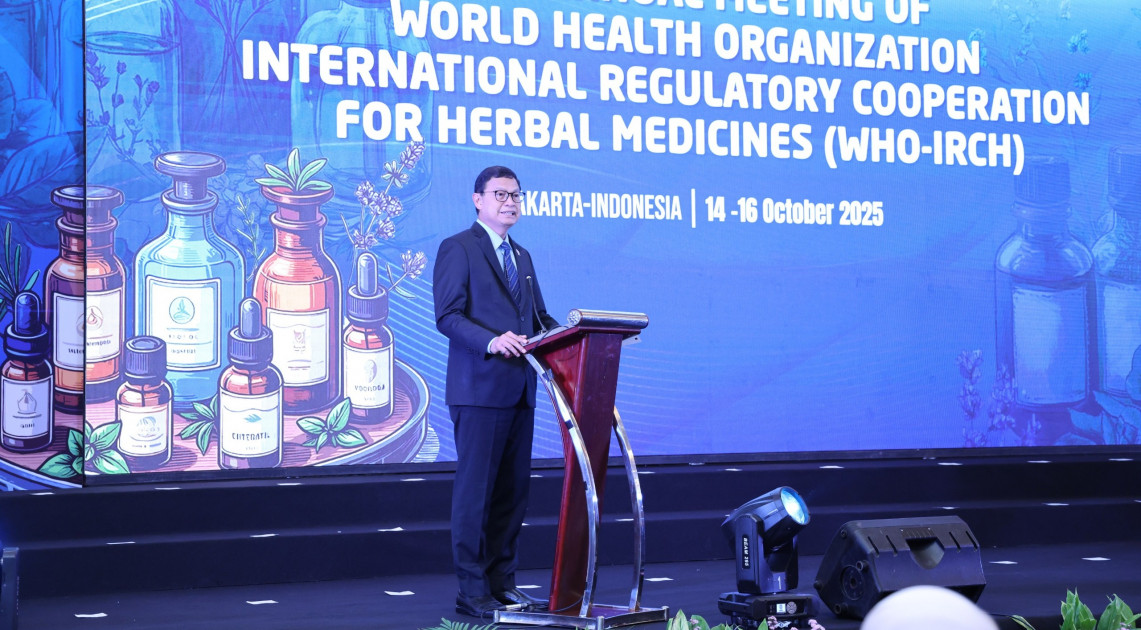


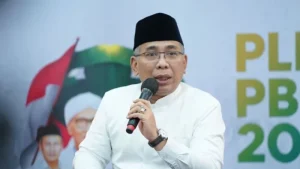

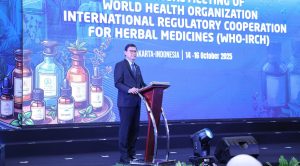


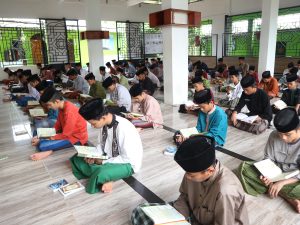
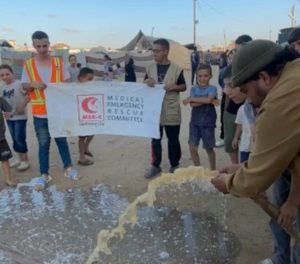





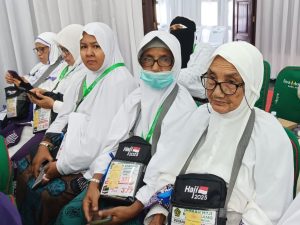

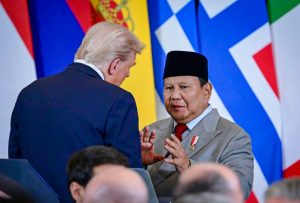







 Mina Indonesia
Mina Indonesia Mina Arabic
Mina Arabic